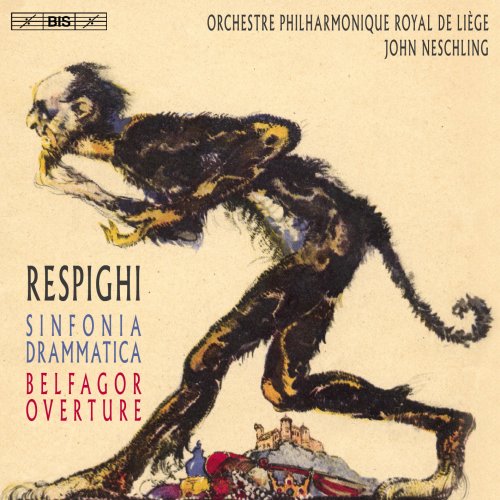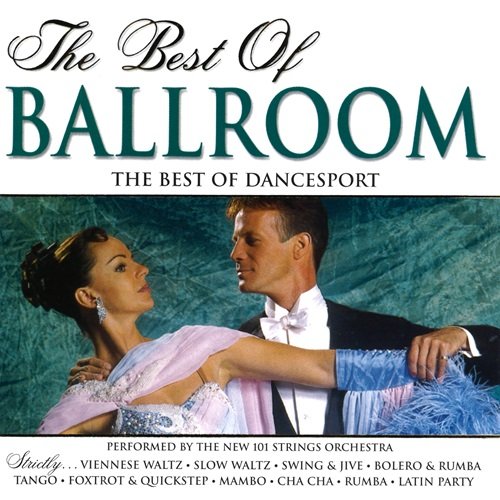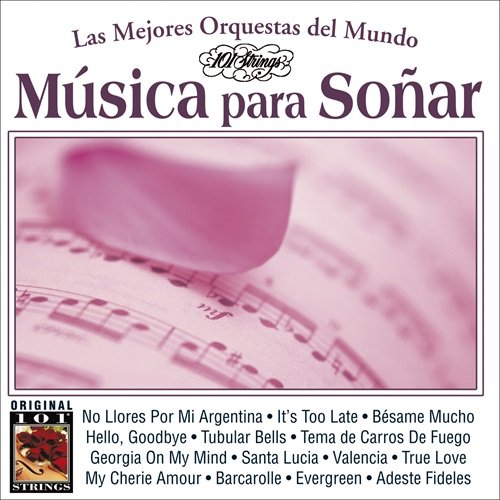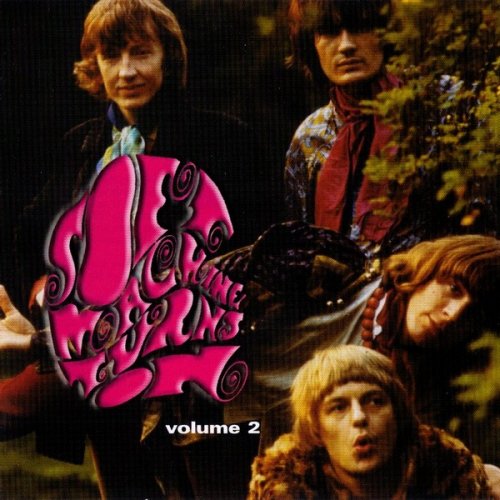Orchestre Philharmonique Royal de Liège & John Neschling - Respighi: Sinfonia drammatica (2016) [Hi-Res]

Artist: Orchestre Philharmonique Royal de Liège, John Neschling
Title: Respighi: Sinfonia drammatica
Year Of Release: 2016
Label: BIS
Genre: Classical
Quality: FLAC (tracks) / 24bit-96kHz FLAC (tracks+booklet)
Total Time: 01:10:02
Total Size: 322 MB / 1.18 GB
WebSite: Album Preview
Tracklist:Title: Respighi: Sinfonia drammatica
Year Of Release: 2016
Label: BIS
Genre: Classical
Quality: FLAC (tracks) / 24bit-96kHz FLAC (tracks+booklet)
Total Time: 01:10:02
Total Size: 322 MB / 1.18 GB
WebSite: Album Preview
1. I. Allegro energico (22:49)
2. II. Andante sostenuto (16:59)
3. III. Allegro impetuoso (18:53)
4. Belfagor Overture, P. 140 (11:02
Ottorino Respighi is primarily associated with his Roman trilogy, composed between 1916 and 1928 and celebrating the eternal city and its fountains, pines and festivals. Respighi was however a highly prolific composer – in most genres – and all of his orchestral works, composed both before and after the trilogy, display the qualities that have made the Pines and Fountains of Rome core repertoire in concert halls around the world. After recording the Roman trilogy with the São Paulo Symphony Orchestra, John Neschling has continued to explore Respighi's lavish orchestral scores with the Belgian Orchestre Philharmonique Royal de Liège, on discs released to international acclaim: Neschling has been described as 'one of the finest advocates this composer has ever had, delivering all the fireworks and the depth too' (MusicWeb-International.com), and his musicians have been praised for displaying 'orchestral refinement on the highest level' (Klassik-Heute.de). On the team's third disc, the turn has come to Respighi's Sinfonia drammatica – a score of epic proportions (58 minutes plus in the present performance) for a correspondingly large-scale orchestra. Both these factors may explain in part why it is rarely performed and recorded, but the work also has a dark-hued, intense – and, indeed, dramatic – character which will surprise those only familiar with Respighi's more extrovert scores. Closing the disc is the better-known Belfagor Overture, a work from 1924 in which Respighi rescued material from an opera with the same title which had been less than warmly received at its première in 1923. Described as a 'lyric comedy', the opera tells the story of how a devil – Belfagor himself – comes to earth to learn more about love between humans, and the orchestral overture highlights the two main characters, Belfagor and Candida, 'the girl, pure, loving and faithful'.
Download Link Isra.Cloud
Respighi Sinfonia drammatica FLAC.rar - 322.2 MB
Respighi Sinfonia drammatica Hi-Res.rar - 1.2 GB
Respighi Sinfonia drammatica FLAC.rar - 322.2 MB
Respighi Sinfonia drammatica Hi-Res.rar - 1.2 GB








